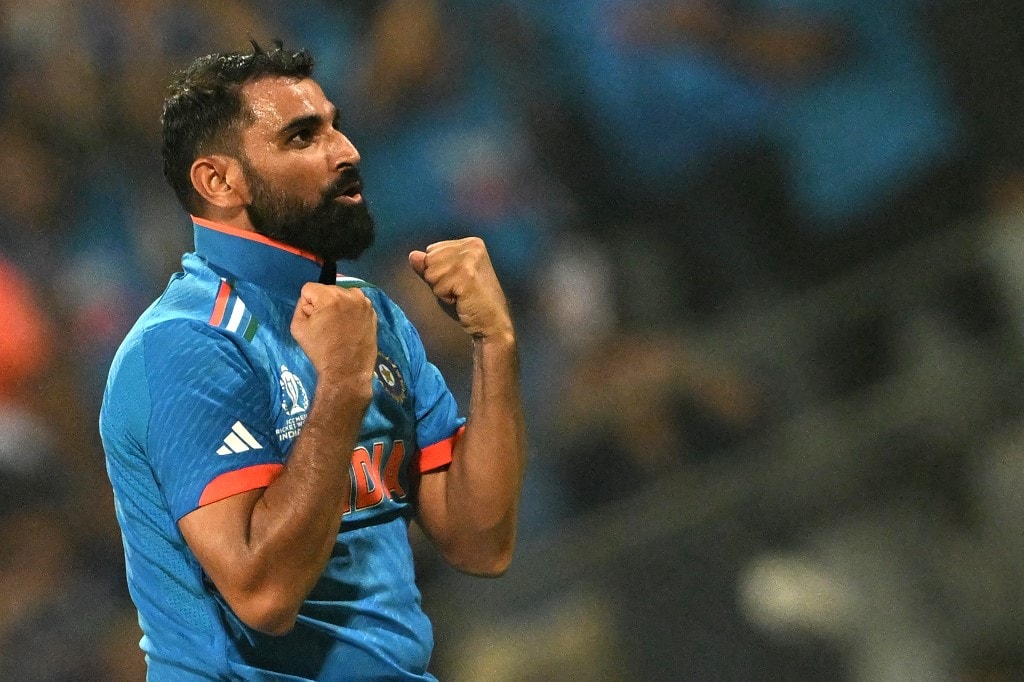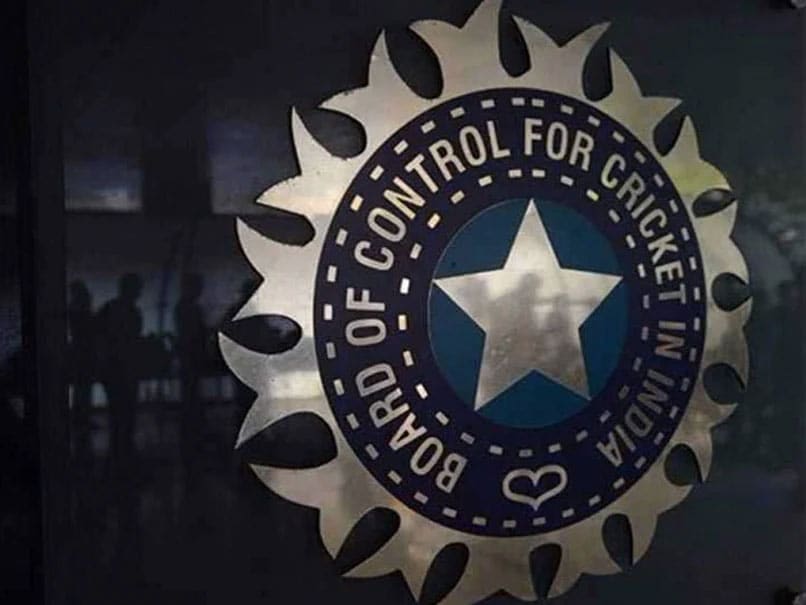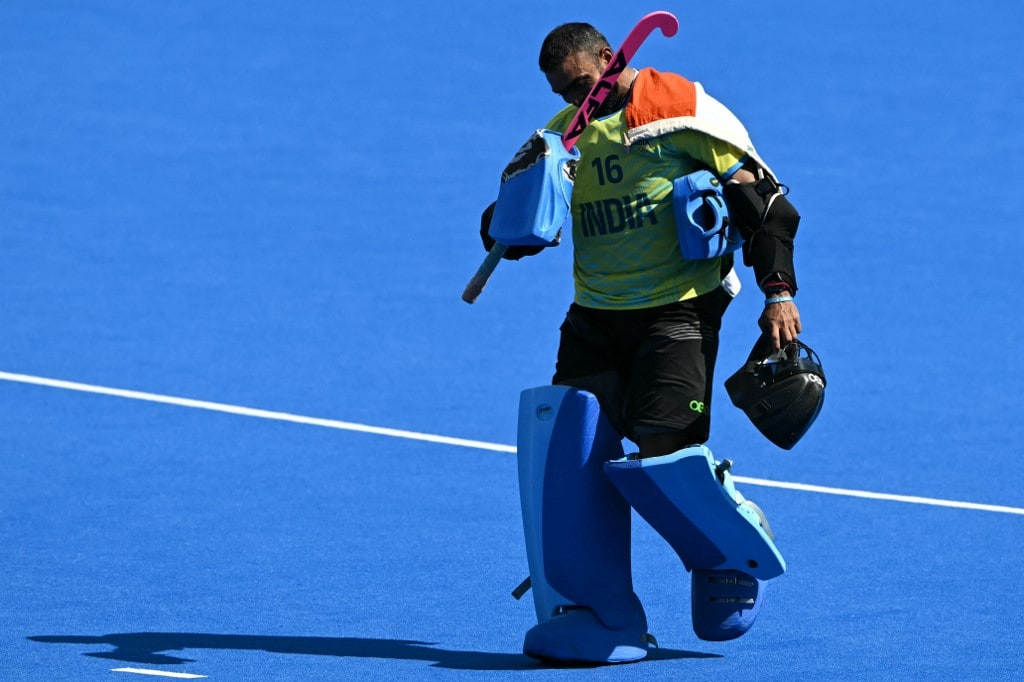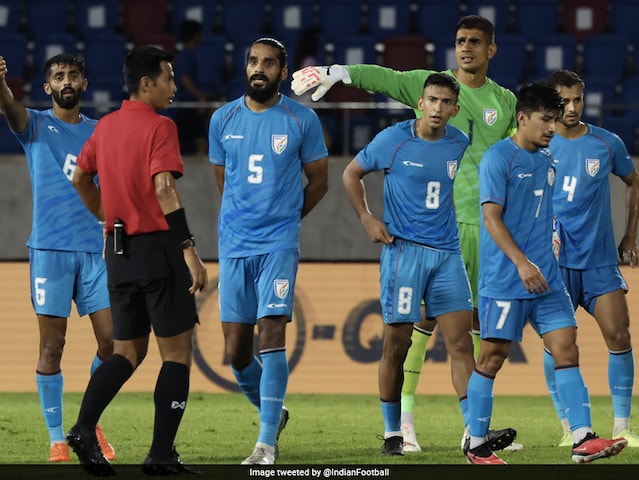Making the ball talk: Anderson kept probing the batters, thanks to his mastery over swinging the red cherry.
| Photo Credit: Reuters
There was a moment inside Lord’s hallowed dressing room on Friday. The West Indies had just capitulated and the Englishmen were victors by an innings and 114 runs in the first Test. Inside the change-room, James Anderson was having a chat with Nasser Hussain, who was holding the Sky Sports microphone.
Conversation over, and then Hussain, not the type to reveal a softer emotion, said a thank-you and did a half-lean from his chair for an awkward sideways hug, and there was a tremor in his voice.
The greatest athletes, while basking in all the adulation from their followers, always yearn for the respect of their peers.
This was Anderson’s moment as Hussain was the great seamer’s captain during his debut Test at Lord’s in 2003. For 21 summers, the lad from Burnley, steamed in, momentum harnessed, action precise and delivered balls that tempted and deceived the greatest of batters. In the process, Anderson became a weather-beaten man and even if the pace dropped, he was always asking questions.
Staggering achievement
To play 188 Tests, finish third in the all-time wicket-taker’s tally with 704 scalps and to still hold his place largely on merit and not on sentiment, speaks volumes about the skill-sets that Anderson possessed. His was a knife that sliced without a murmur while willow-wielders were not even aware of their death-rattle.
Anderson in tandem with Stuart Broad (604 Test wickets) was a great sight. Just like the West Indian Curtly Ambrose-Courtney Walsh combine, Anderson and Broad aged together.
It is never easy being a fast bowler. Ankles, knees, back, shoulders and wrists all endure a steady pounding and the body’s bio-mechanics suffer multiple stress points.
To bowl at the highest level till 41 while the comforts of an air-conditioned commentary box beckoned for the last few years, must have been tough.
The reality though is that Anderson had to be nudged to leave as in his mind he was still good enough to deliver in whites.
To be placed behind Muttiah Muralitharan (800 Test wickets) and Shane Warne (708), and to have shouldered England’s pace bowling over two decades, is a staggering achievement.
Anderson competed hard and at times he could get abrasive, but his overall loyalty was to his Test cap and the science of fast bowling. Rival batters will heave a sigh of relief for the next time they see England in a Test, Anderson won’t be there.

















